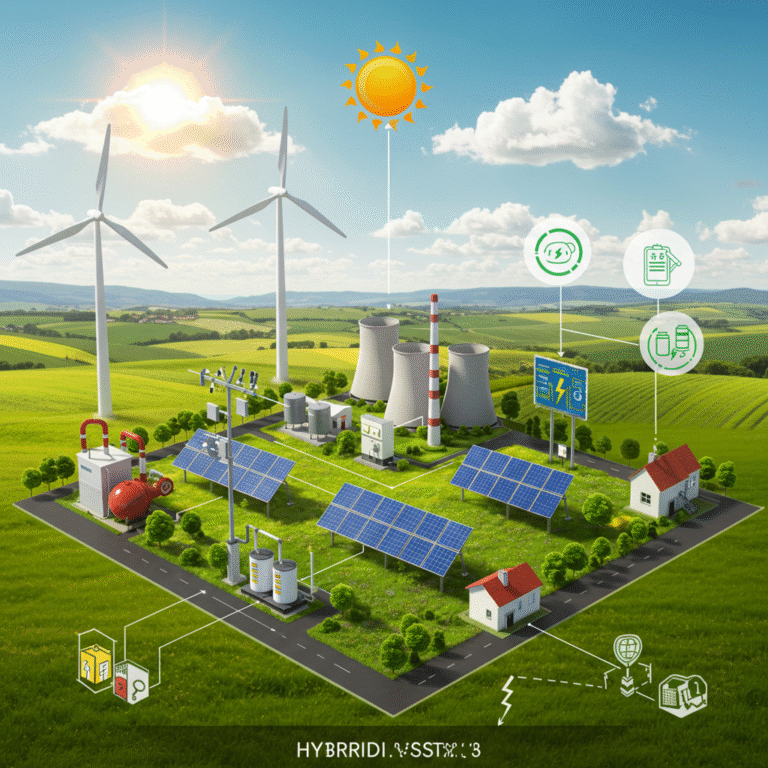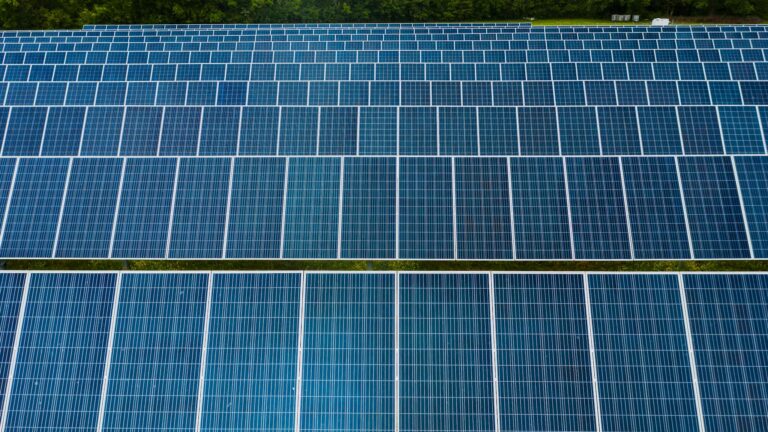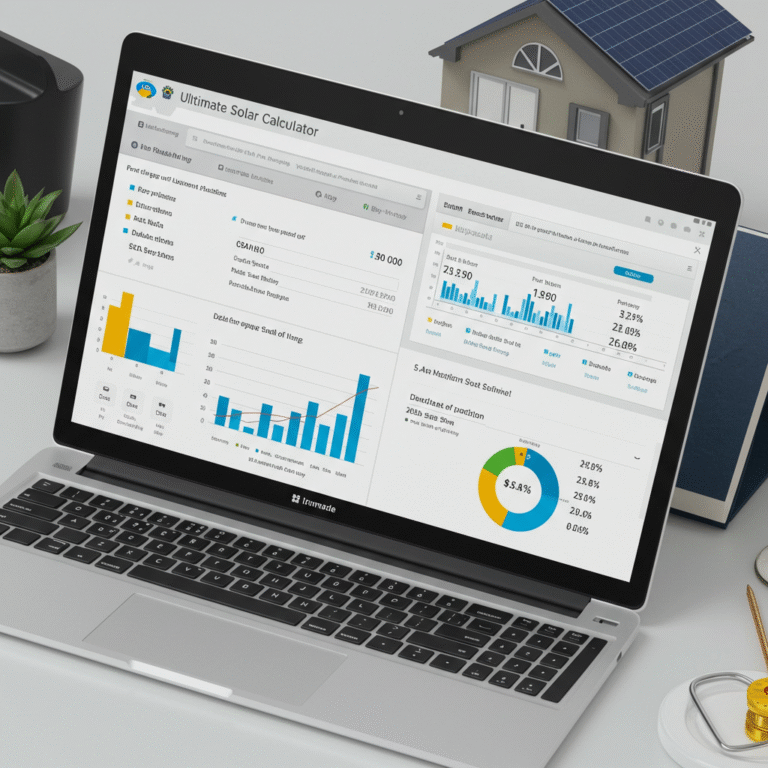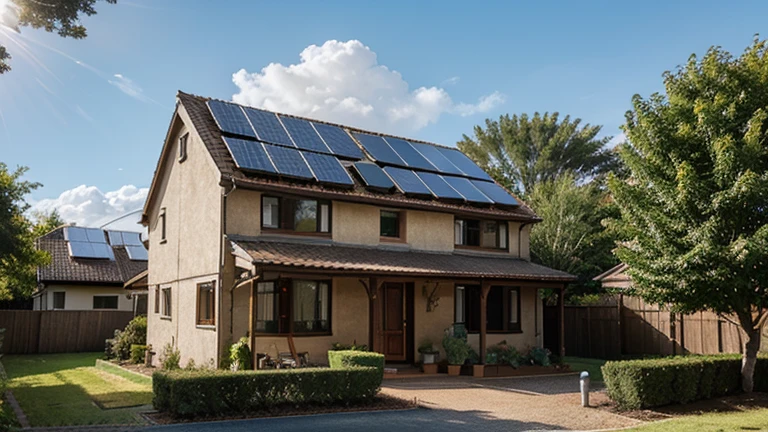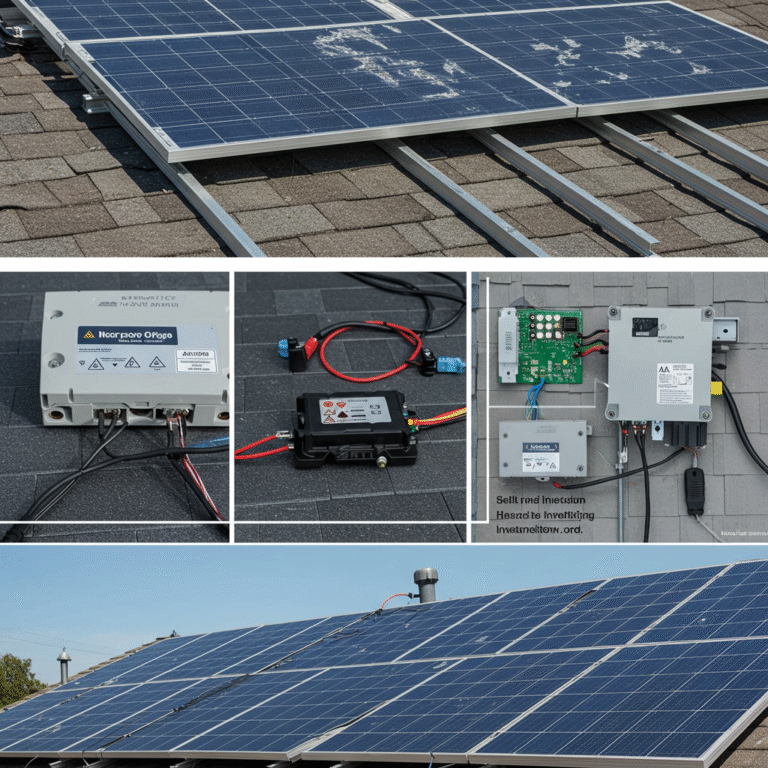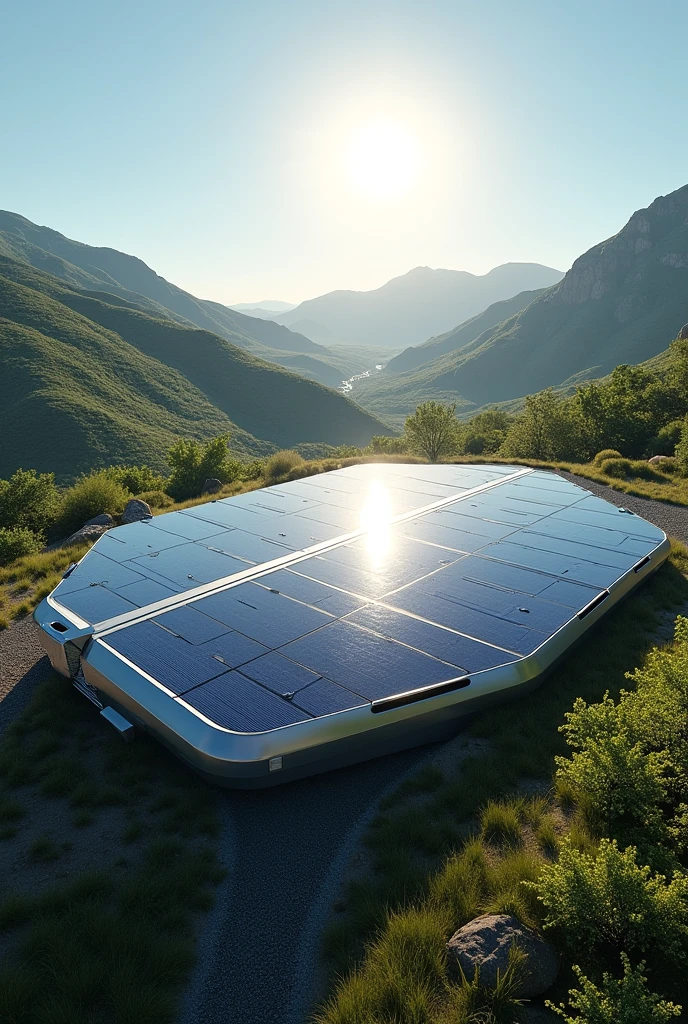As energy prices rise and climate change becomes more urgent, solar panels for homeowners are more appealing than ever in 2025. With improvements in technology, government incentives, and increased awareness of sustainability, switching to solar power is now a smart, cost-effective move.
🔆 Speak to a Solar Expert Now!
Need help with solar parts or system setup? Whether you’re starting fresh or upgrading, our friendly experts are here to guide you to the best solar solution for your needs.
📞 Call Now: +1 (844) 213-8777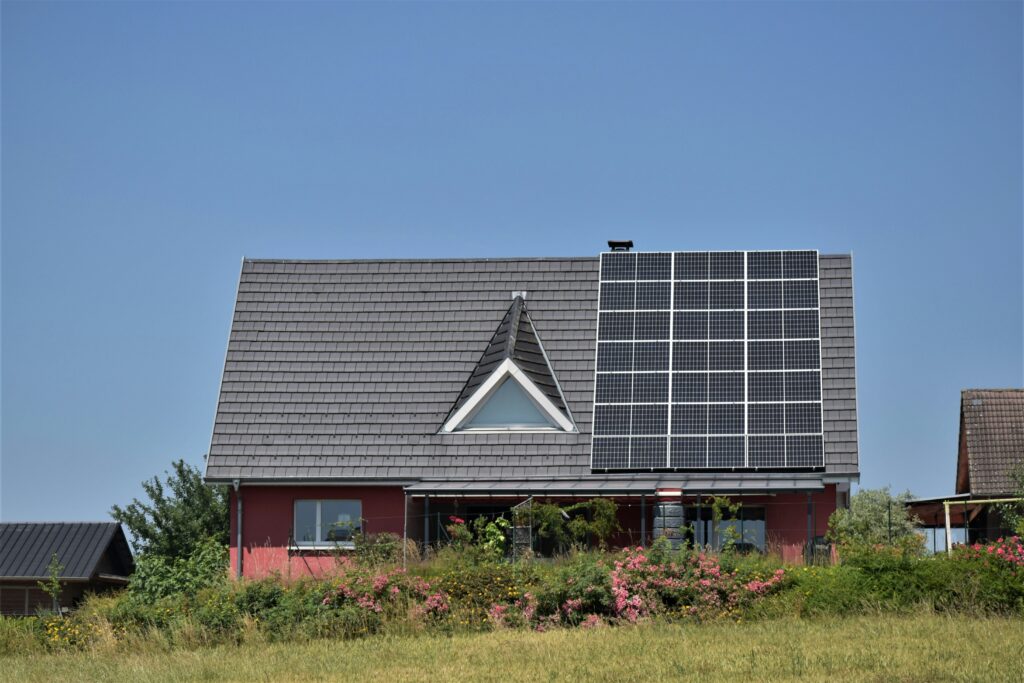
In this article, we’ll explore everything homeowners need to know about installing solar panels in 2025 — including benefits, costs, how they work, what’s changed in recent years, and more.
🔋 Why Go Solar in 2025?
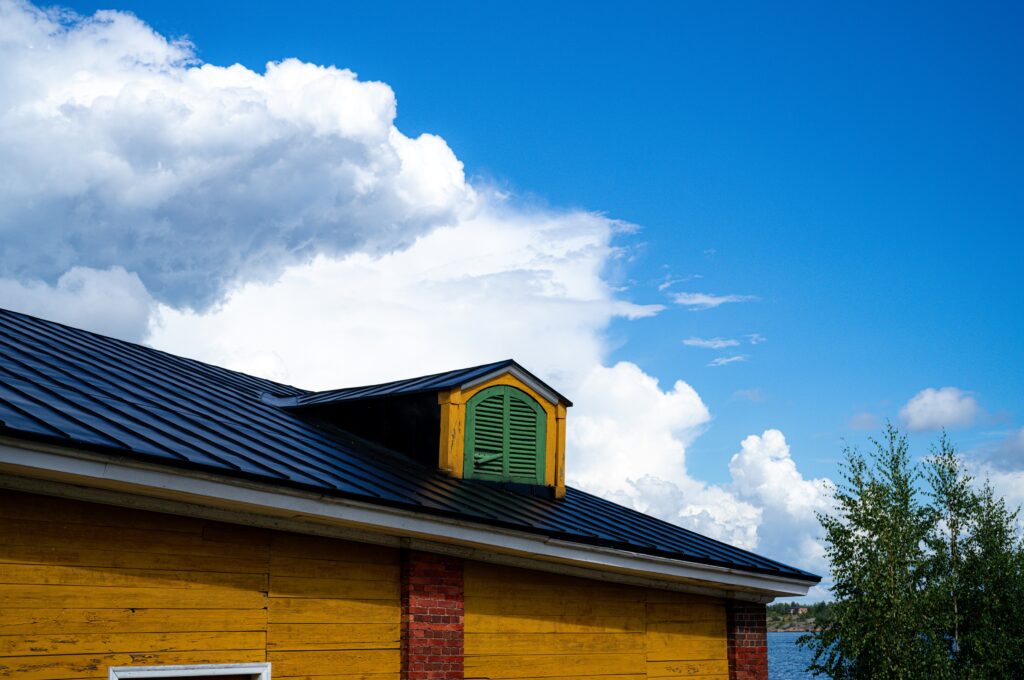
1. Lower Energy Bills
One of the biggest advantages of solar panels is reducing or even eliminating your electricity bills. In 2025, solar efficiency is higher than ever, meaning you can generate more power from fewer panels.
2. Government Incentives
Many governments still offer tax credits, rebates, and net metering programs. In the U.S., for example, the Federal Solar Investment Tax Credit (ITC) still allows homeowners to deduct up to 30% of installation costs from their federal taxes.
3. Increase in Home Value
Homes with solar panels sell faster and at higher prices. According to Zillow, solar homes sell for about 4.1% more than comparable non-solar homes.
4. Environmental Benefits
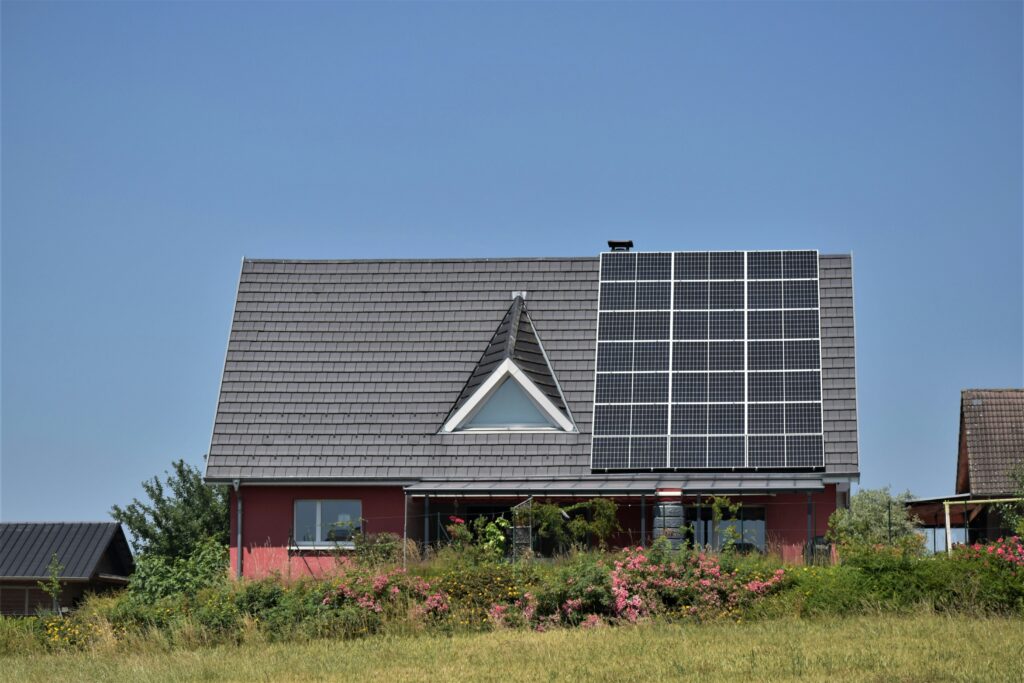
Solar energy is renewable and clean. Switching to solar can significantly reduce your carbon footprint, making it a responsible choice for environmentally conscious homeowners.
🧠 How Do Solar Panels Work?
Solar panels convert sunlight into direct current (DC) electricity. An inverter then transforms this into alternating current (AC), which powers your home. If you generate more power than you use, the excess can be stored in batteries or sent back to the grid (depending on your local net metering policy).
💰 What’s the Cost of Solar Panels in 2025?
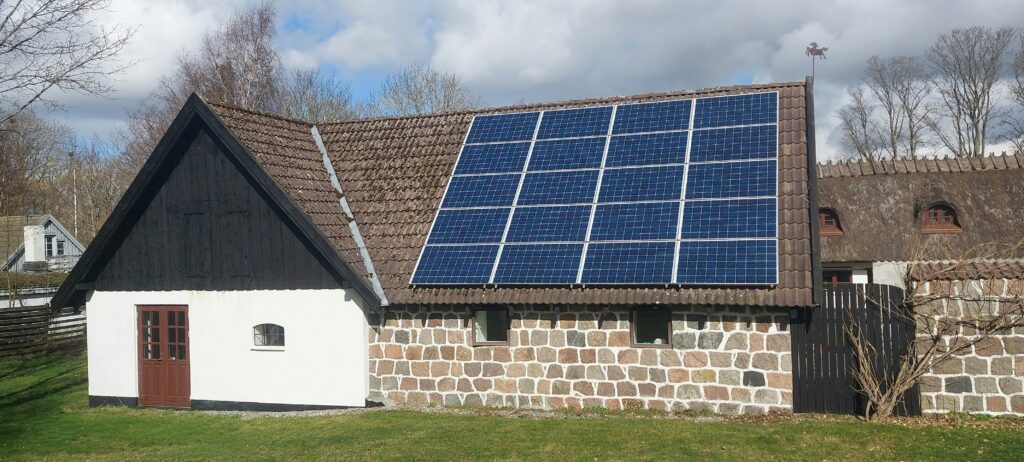
Prices for solar panel systems have dropped significantly over the last decade. In 2025, the average cost for a residential system in the U.S. is around $2.30–$2.70 per watt, including installation. That means a typical 6kW system costs between $13,800 and $16,200 before incentives.
After applying the 30% federal tax credit, the cost can be reduced to $9,660–$11,340.
🔧 Installation Process
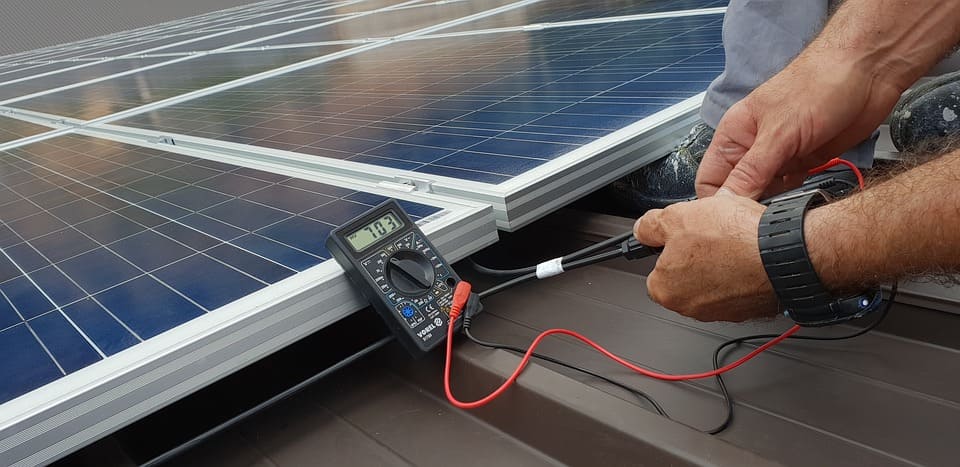
- Site Assessment – A technician evaluates your home’s roof orientation, shading, and energy needs.
- System Design – A customized solar system is designed based on your usage and home layout.
- Permitting and Approval – Permits are obtained from local authorities.
- Installation – Usually takes 1–3 days.
- Inspection and Activation – The system is inspected and then turned on.
🔆 Speak to a Solar Expert Now!
Need help with solar parts or system setup? Whether you’re starting fresh or upgrading, our friendly experts are here to guide you to the best solar solution for your needs.
📞 Call Now: +1 (844) 213-8777🚀 What’s New in 2025?
- High-Efficiency Panels: Some solar panels now exceed 24% efficiency, up from 18–20% a few years ago.
- Solar Roof Tiles: Sleeker options like solar shingles are gaining popularity for aesthetic-conscious homeowners.
- Battery Storage: Home battery systems like the Tesla Powerwall 3 and Enphase IQ Battery have improved capacity and lower prices.
- AI-Optimized Energy Management: Smart systems help homeowners track energy usage, switch to battery power during peak hours, and reduce costs.
⚡ Pros and Cons of Solar Panels in 2025
| Pros | Cons |
|---|---|
| Save on energy bills | High upfront cost (before incentives) |
| Environmentally friendly | May not be suitable for shaded roofs |
| Increase home value | Requires proper maintenance |
| Long lifespan (25+ years) | Efficiency depends on location & weather |
❓ FAQ: Solar Panels for Homeowners in 2025
Q1: Is my home suitable for solar panels?
Most homes are, especially if you have a south- or west-facing roof with little shade. A free solar assessment can confirm.
Q2: How long do solar panels last?
Most solar panels last 25 to 30 years, with warranties to match.
Q3: Do I need a battery?
Not necessarily. Without a battery, excess energy goes to the grid (net metering). A battery helps store energy for nighttime or power outages.
Q4: What maintenance is required?
Minimal. Just keep panels clean and free of debris. An annual checkup by a professional is recommended.
Q5: Can I get solar if I rent or live in a condo?
Yes, but options are limited. Look into community solar programs or portable solar solutions.
✅ Conclusion
In 2025, solar panels for homeowners are more efficient, affordable, and smarter than ever. Whether you’re looking to cut energy costs, boost your home’s value, or reduce your environmental impact, solar energy is a powerful solution.
Before making the switch, evaluate your energy needs, check local incentives, and consult with a certified installer. With the right setup, solar energy can power your home and your future.
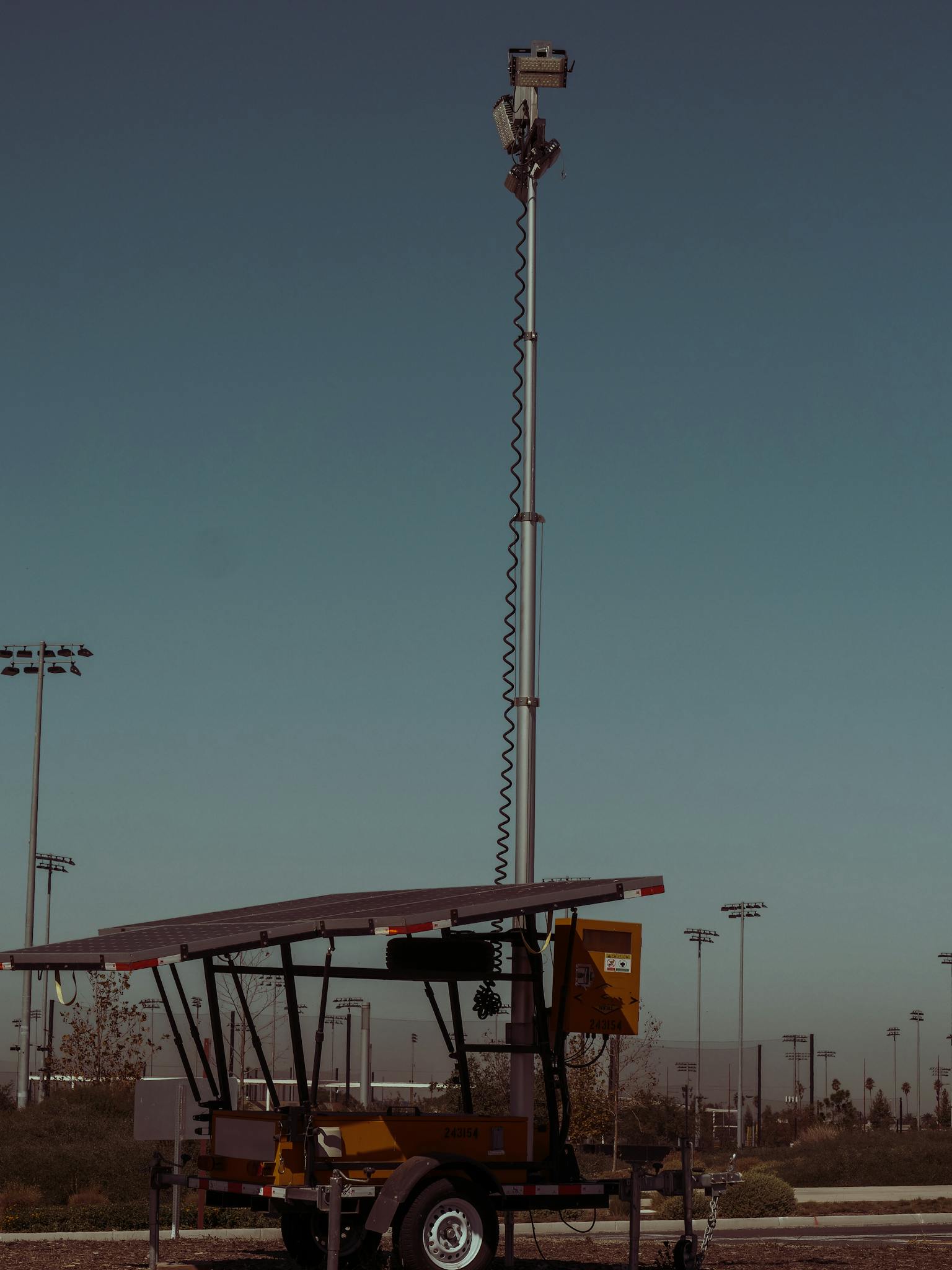
🌞 Speak to a Solar Expert Now!
Need help choosing the right solar energy parts? Whether you’re setting up a new system or upgrading an existing one, our experts are ready to assist you. One quick call can make all the difference.
📞 Call Now: +1 (844) 213-8777